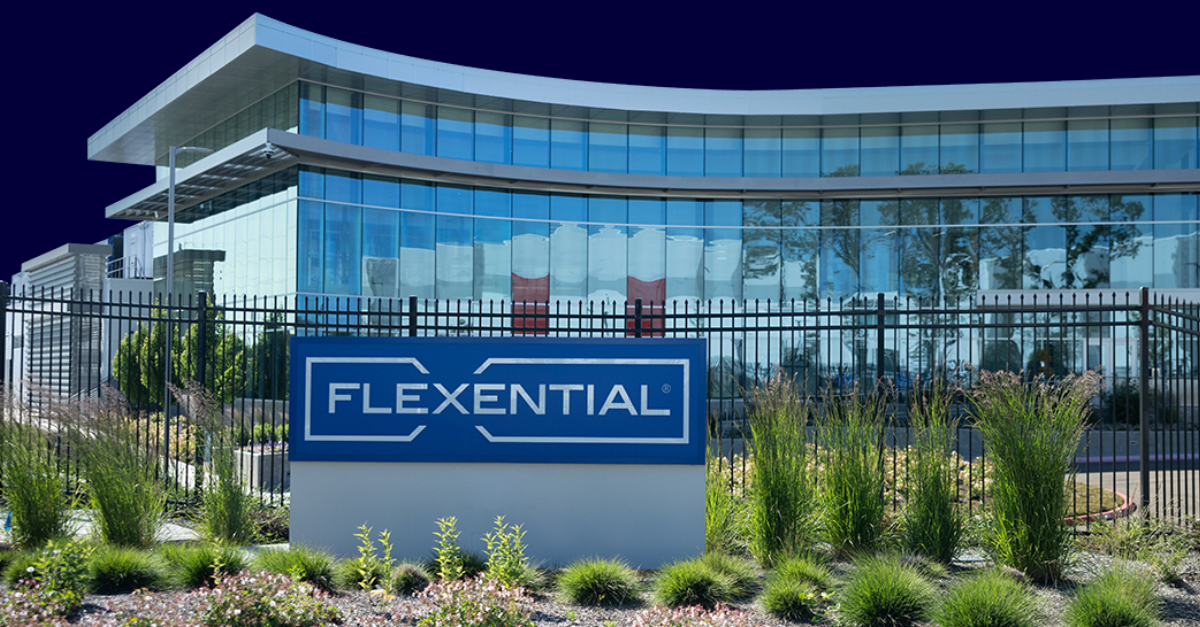
Managing IT infrastructure is no small task, and for many businesses, colocation offers a reliable, scalable, and cost-efficient solution. But not all colocation options are created equal. Deciding between retail and wholesale colocation isn’t just about space—it’s a strategic choice that can shape your IT operations and future growth.
To make the right decision, it’s crucial to understand the key differences and how they align with your business goals. In this blog, we’ll explore what sets retail and wholesale colocation apart, highlight their unique benefits, and provide guidance to help you choose the ideal solution for your organization.
What is retail colocation?
Retail colocation is a flexible solution tailored for businesses with smaller IT infrastructure needs. Instead of managing their own facilities, companies lease space within a professionally managed data center. This space is typically measured in smaller increments, such as individual rack units or single racks, making retail colocation a convenient and cost-effective choice for organizations that need reliability without requiring large-scale deployments.
Key characteristics of retail colocation
- Smaller-scale deployments: Retail colocation is designed for businesses that require a compact and efficient way to host critical IT infrastructure without committing to entire cages or suites.
- Leased space: Customers pay only for the space they use, often leasing by the rack or even portions of a rack, offering a scalable and budget-friendly option.
- Managed services included: Retail colocation often bundles essential services like power, cooling, and network connectivity, allowing businesses to minimize the complexity of infrastructure management.
Typical use cases
Retail colocation works best for:
- Small and Medium-Sized Businesses (SMBs): Organizations with modest IT demands can benefit from the cost-efficiency and simplicity retail colocation offers.
- Targeted deployments: Enterprises needing a smaller footprint for specific workloads or applications find retail colocation an ideal fit.
Benefits of retail colocation
- Lower upfront costs: With a smaller scale of deployment, businesses avoid the significant capital expenses of larger colocation setups, making it an attractive entry point for growing organizations.
- Convenience through managed services: Bundled services like power, cooling, and connectivity remove the need for businesses to handle these elements in-house, allowing them to focus on core operations.
Retail colocation is an accessible, cost-effective option for businesses looking to expand their IT infrastructure without the complexities or commitments of larger-scale deployments. It provides the reliability and scalability of a professionally managed data center while keeping operational demands light.
What is wholesale colocation?
Wholesale colocation is tailored for businesses with large-scale IT infrastructure needs. Unlike retail colocation, which is designed for smaller deployments, wholesale colocation offers significant amounts of dedicated space in a data center, such as private cages, suites, or even entire data halls. This solution provides organizations with the autonomy and resources required to support high-density workloads and complex IT environments.
Key characteristics of wholesale colocation
- Larger-scale deployments: Wholesale colocation is ideal for enterprises and service providers that require extensive physical space and computational resources to manage substantial workloads.
- Leased space in bulk: Customers lease larger areas—ranging from private cages to full data halls—providing the capacity to accommodate high-density IT equipment and future expansion.
- Customization and autonomy: This model allows businesses to design their own infrastructure, with flexibility in power, cooling, and networking configurations to meet specific operational needs.
Typical use cases
Wholesale colocation serves a variety of large-scale IT demands, including:
- Enterprises with substantial IT needs: Organizations managing extensive workloads or operating complex IT infrastructures benefit from the scalability and efficiency wholesale colocation provides.
- Cloud service providers and content delivery networks (CDNs): Companies requiring significant computational capacity for global content distribution or large-scale operations rely on wholesale colocation to ensure high performance and reliability.
Benefits of wholesale colocation
- Economies of scale: By leasing larger spaces, businesses can achieve cost savings on a per-kilowatt or per-square-foot basis, making it a more economical option for sizable deployments. Learn more about the cost implications and long-term value of wholesale colocation in our in-depth analysis.
- Enhanced control: Wholesale colocation provides greater autonomy, enabling businesses to customize their infrastructure and align it with operational goals, such as optimizing energy usage or deploying cutting-edge technology.
Wholesale colocation is the solution of choice for enterprises and service providers looking to manage large-scale IT operations effectively, particularly in high-density environments. Learn more about how Flexential supports high-density deployments with custom solutions designed to meet the needs of modern businesses.
Key differences between retail and wholesale colocation
Selecting the right colocation model requires a clear understanding of how retail and wholesale options align with your business's unique needs. Below is a comparison of the key differences:
Scale
- Retail colocation: Best for smaller deployments, such as individual racks or portions of racks, making it an accessible option for SMBs or enterprises with minimal infrastructure needs.
- Wholesale colocation: Tailored for larger operations, offering dedicated cages, suites, or even entire data halls for enterprises, cloud providers, and organizations managing extensive IT environments.
Cost
- Retail colocation: Features lower upfront costs, with pricing that typically includes bundled managed services. However, these additional services may lead to higher recurring expenses over time.
- Wholesale colocation: Requires a higher initial investment but delivers economies of scale, offering reduced costs per kilowatt or per square foot for larger deployments.
Flexibility
- Retail colocation: Comes with managed services, which provide convenience but limit opportunities for customization.
- Wholesale colocation: Offers extensive flexibility, enabling businesses to design their own power, cooling, and networking configurations to meet specific operational requirements.
Support services
- Retail colocation: Includes managed services like monitoring, maintenance, and troubleshooting—ideal for organizations without dedicated IT teams.
- Wholesale colocation: Assumes enterprises will handle infrastructure management themselves, providing fewer support services but greater autonomy.
Energy efficiency
- Retail colocation: May not be fully optimized for high-density deployments, potentially leading to less efficient use of power and cooling resources.
- Wholesale colocation: Built for high-density workloads, wholesale solutions support energy-efficient operations, especially when integrated with high-density colocation solutions.
How to choose the right colocation for your business
Selecting the ideal colocation solution involves evaluating your current needs, anticipating future growth, and aligning with long-term business objectives. This checklist can help guide your decision-making process:
- Assess current and future IT requirements: Identify the size and complexity of your infrastructure today and plan for future growth. Retail colocation may suit smaller, evolving needs, while wholesale colocation is better for stable, large-scale operations.
- Evaluate your budget: Understand the trade-offs between lower upfront costs in retail colocation versus the potential long-term savings in wholesale colocation.
- Consider operational complexity: Determine whether you require managed services for day-to-day operations or prefer the flexibility and control of wholesale colocation.
- Factor in scalability: Consider how your colocation solution will accommodate expansion as your business grows. Wholesale colocation often provides more room for scaling your IT environment. Explore how FlexAnywhere supports scalable high-performance compute
- Prioritize long-term goals: Align your choice with strategic objectives like sustainability, cost efficiency, and technological advancement.
Learn more about aligning colocation strategies with your business objectives in our blog, Why wholesale colocation could be key to your digital transformation.
Making the right colocation choice
Choosing between retail and wholesale colocation is a pivotal decision for any business managing IT infrastructure. Aligning the right solution with your operational needs and long-term goals can enhance efficiency, scalability, and cost-effectiveness. Retail colocation offers simplicity and managed services for smaller-scale deployments, while wholesale colocation provides the customization and economies of scale required for larger enterprises.
Evaluating your current IT requirements, future growth plans, budget, and operational complexity will help you make the best choice. Whether you need the convenience of managed services or the flexibility of a customized infrastructure, the right colocation strategy can support your business objectives and drive success.
Not sure which colocation option is right for you? Contact us today to learn how Flexential can support your business’s IT strategy with tailored colocation solutions.





